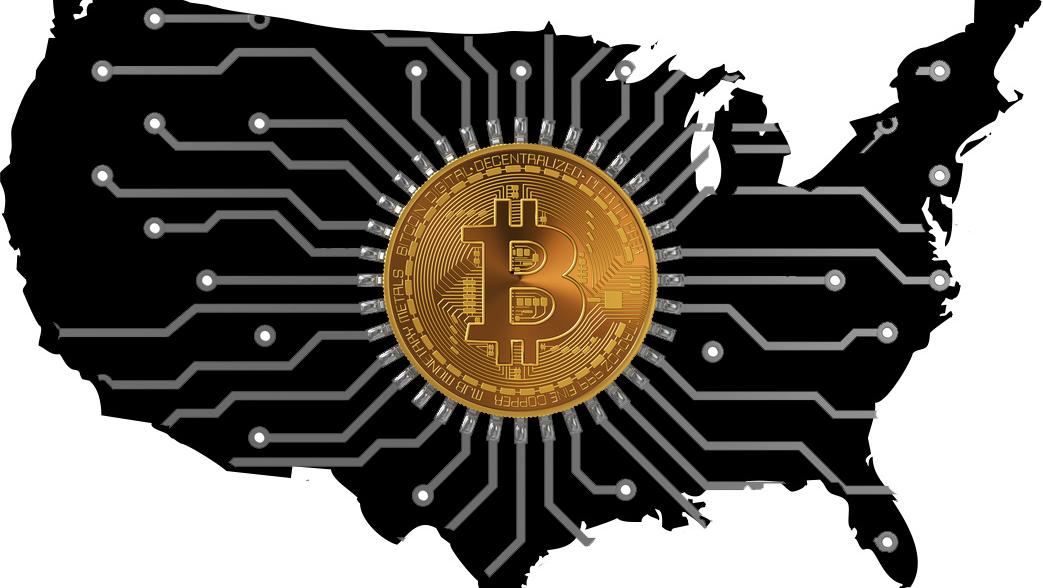PALO ALTO, Calif. (Reuters) - The Federal Reserve is looking at a broad variety of problems around digital payments and currencies, including policy, style and legal considerations around potentially providing its own digital currency, Governor Lael Brainard stated on Wednesday. Brainard's remarks recommend more openness to the possibility of a Fed-issued digital coin than in the past." By transforming payments, digitalization has the potential to provide higher worth and convenience at lower expense," Brainard stated at a conference on payments at the Stanford Graduate School of Organization.

Reserve banks globally are debating how to manage digital finance technology and the dispersed journal systems used by bitcoin, which guarantees near-instantaneous payment at potentially low cost. The Fed is establishing its own day-and-night real-time payments and settlement service and is currently reviewing 200 comment letters submitted late last year about the proposed service's design and scope, Brainard stated.
Less than two years ago Brainard told a conference in San Francisco that there is "no engaging demonstrated requirement" for such a coin. But that was before the scope of Facebook's digital currency aspirations were widely known. Fed officials, including Brainard, have raised concerns about customer protections and data and personal privacy dangers that might be posed by a currency that could come into usage by the 3rd of the world's population that have Facebook accounts.
" We are collaborating with other reserve banks as we advance our understanding of main bank digital currencies," she stated. With more nations checking out releasing their own digital currencies, Brainard stated, that contributes to "a set of reasons to also be ensuring that we are that frontier of both research study and policy development." In the United States, Brainard said, issues that require research study include whether a digital currency would make the payments system safer or easier, and whether it could posture financial stability dangers, including Click here for more info the possibility of bank runs if cash can be turned "with a single swipe" into the central bank's digital currency.
To counter the monetary damage from America's unmatched nationwide lockdown, the Federal Reserve has actually taken unmatched steps, consisting of flooding the economy with dollars and investing straight in the economy. Many of these moves got grudging approval even from numerous Fed skeptics, as they saw this stimulus as required and something only the Fed could do.
My brand-new CEI report, "Government-Run Payment Systems Are Unsafe at Any Speed: The Case Against Fedcoin and FedNow," details the dangers of the Fed's existing prepare for its FedNow real-time payment system, and propositions for central bank-issued cryptocurrency that have actually been dubbed Fedcoin or the "digital dollar." In my report, I talk about concerns about personal privacy, data security, currency manipulation, and crowding out private-sector competitors and development.
Supporters of FedNow and Fedcoin say the government should produce a system for payments to deposit instantly, rather than encourage such systems in the economic sector by raising regulative barriers. However as noted in the paper, the economic sector is supplying a seemingly unlimited supply of payment technologies and digital currencies to fix the problemto the level it is a problemof the time space between when a payment is sent out and when it is received in a bank account.
And the examples of private-sector innovation in this area are lots of. The Cleaning House, a bank-held cooperative that Find more info has actually been routing interbank payments in numerous forms for more than 150 years, has been clearing real-time payments since 2017. By the end of 2018 it was covering half of the deposit base in the U.S.